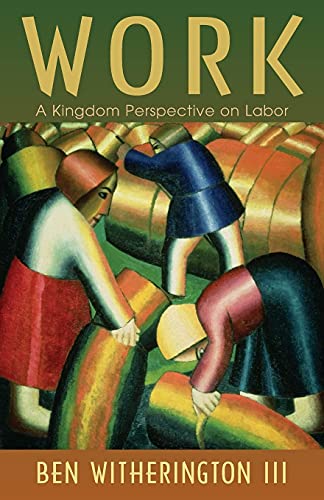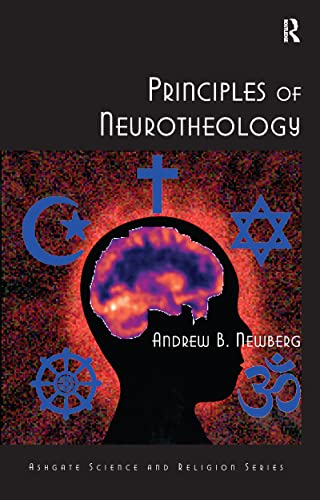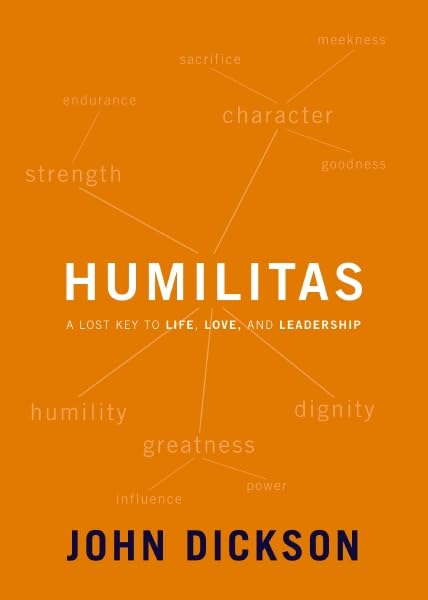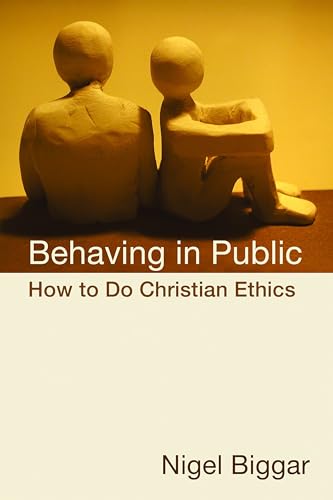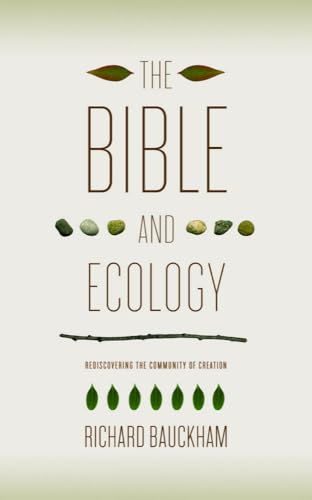Work: A Kingdom Perspective on Labor
Written by Ben Witherington III Reviewed By Robert S. CovoloBen Witherington is a prolific NT scholar who has written both academic and popular books. This little volume on work is an example of the latter—a primer aiming to address a broad variety of issues related to work (and leisure) with an eye to pastoral application. Although the book is written for a popular audience, it does not hesitate to dive into thorny theological subjects. In navigating such real estate, Witherington freely offers his own take. Because this little volume is a pastoral book addressing theologians and theologies, it elicits two different assessments—one focusing on the popular and pastoral level and another regarding his theological framework. This review offers both. Before doing so, a brief synopsis of the work is helpful.
A preface, seven chapters, and afterword form the volume's structure. In the preface Witherington explores various definitions of work before offering his own. The preface also introduces his unique “kingdom perspective.” The book's first chapter draws from OT scholar Terrence Freitheim's work to explore how creation elucidates work. Work is not a part of the fall but involves a calling that looks forward to a very earthly new creation.This is one of the strongest chapters in Witherington's volume, arguing for the credibility of work as a very earthly and human engagement in God's good creation.
In the second chapter, Witherington introduces the issue of work as vocation or calling. He takes a via media between Gene Edward Veith's inclusive use of calling and Miroslav Volf's replacement of calling with charisms. Chapter 3 critiques sloth, indicting (among others) the sluggard of Proverbs. Chapter 4 returns to the issue of calling and vocation. After discussing the predominance of callings in the OT (Moses being the chief example), Witherington argues for the close connection between talents and calling through his reading of the parable of the talents. In chapter 5, “Work as Ministry, Ministry as Work,” he discusses how Christian work is meant to be a means of serving others and glorifying God. This involves a priesthood of believers working in light of the eschatological horizon.
Chapter 6 reviews and distills Andy Crouch's Culture Making. Affirming many of Crouch's insights, Witherington highlightsCrouch's eschatological statements. Chapter 7 then discusses several myths about work (faith as opposed to work, work's value based in remuneration, etc.) before advocating a balance between work and play. The chapter ends with some reflections on play assisted by Jürgen Moltmann's Theology of Play. The volume finishes with an afterword summarizing and reiterating Witherington's main points.
There are many reasons to recommend the volume. Witherington has a knack for sensing the pastoral issues behind the discussion and writes with an aim to encourage, exhort, and shepherd his readers. Pastors will welcome his turn of quotable and memorable phrases. Similarly helpful is Witherington's outlining of key issues in the debate with an eye to addressing the laity. This makes this volume invaluable help for anyone preparing a sermon series on work. Additionally, Witherington introduces the uninitiated into a host of perspectives, providing a starting place for a new study. In fact, one cannot read this volume without also being introduced to the growing body of books on work by Christian authors, including Volf's Work in the Spirit (2001), Veith's God at Work (2002), Jensen's Responsive Labor (2006),Banks's God the Worker (2008), and Crouch's Culture Making (2008). With these (and others) Witherington presents himself as a guide helping readers navigate and synthesize recent contributions. In doing so, he is to be commended for fair, even-handed treatment of contemporary interlocutors. Simultaneously, Witherington does not hesitate to disagree when putting forth his own “kingdom perspective.”
Notwithstanding these virtues, this reviewer was left puzzled by Witherington's kingdom perspective. Does this refer to an eschatological focus of the kingdom to come, an attempt to bring the parables of the kingdom into the discussion, or a broader hermeneutic that places the “Christ Event” as primary? The term “kingdom perspective” not only seems to operate as a catch-all, but it also betrays an inconsistent hermeneutic. Is one to understand the creation mandate as fulfilled in the new creation (p. 2) or something no longer part of our marching orders in Christ (p. 87)? Are Christians to eschew jobs involving the use of physical force such as police work, government posts, and military service (p. 45)? Or are they to view the ethical status of certain activities within the confines of their professions (p. 44)? Ironically, the greater Witherington accents the importance of his distinct kingdom perspective, the less his synthesis of various voices (esp. Fretheim and Crouch) holds together.
Also diminishing the force of his argument is the way Witherington's dismissals seem to come back to haunt him. For example, his rejection of Luther's two kingdoms seems at odds with his embrace of necessary “antimonies” and ambiguities. In this vein one might include Witherington's habit of weighing in on complex issues in passing, such as his claim that Augustinianism “makes God the ultimate author of sin and evil” (p. 26), his take on the Puritan work ethic (p. 57), and his conflation of a Lutheran view of two kingdoms with the Reformed doctrine of spheres (p. 25). While one might chalk this up to the popular nature of the book, such infelicities may distract more informed readers.
Such indiscretions are by no means defeaters. For Witherington's delightfully clear and witty pastoral style is also marked by an equally unrestrained measure of humor. Most importantly, his arguments not only summarize and synthesize but also enrich the discussion, offering new insights into important NT passages regarding work. Witherington's book is not as paradigm-changing as Volf's or Crouch's, but it is a valuable resource for those attempting to think biblically about how we spend the bulk of our waking hours.
Robert S. Covolo
Robert S. Covolo
Fuller Seminary
Pasadena, California, USA
Other Articles in this Issue
Evaluating a new English translation of the Bible can be extremely difficult...
In the November 2009 edition of Themelios, Dane C...
Jonathan Edwards (1703-1758) is remembered today as a saint, scholar, preacher, pastor, metaphysician, revival leader, theologian, Calvinist—the list goes on...
Almost two decades ago I wrote an essay titled " When Is Spirituality Spiritual? Reflections on Some Problems of Definition ...
He was the youngest son of elderly parents. His childhood was secluded and unhappy, which might in some measure account for his lifelong melancholy...


